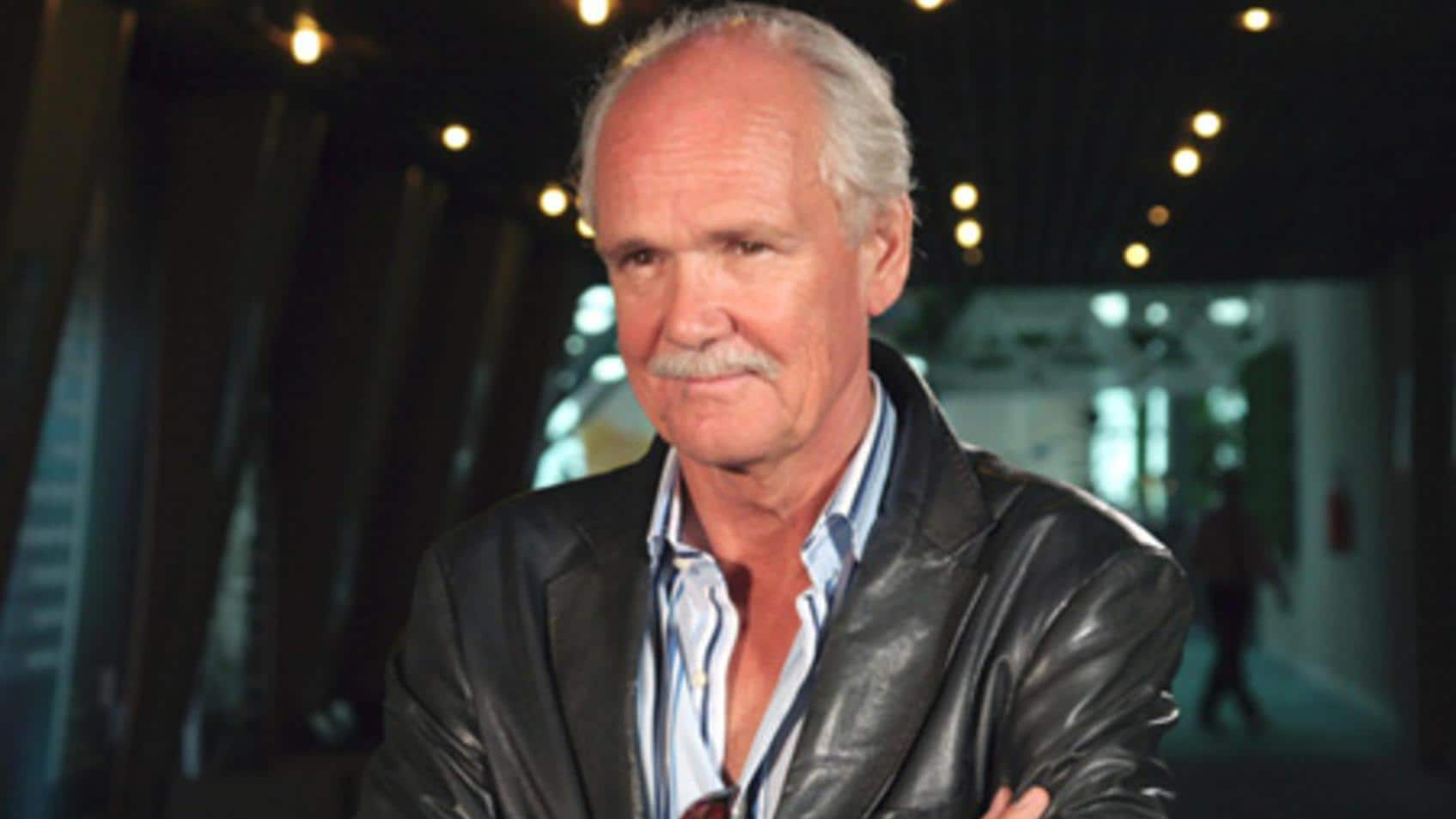Not everyone shares Harradine's philosophies, to be sure, but somebody out there is buying what he's selling. These days the Switzerland-based architect is wearing out his passport, as he has golf courses in planning or under construction in Morocco, Italy, Egypt, Russia, Austria, Serbia, Oman, Tunisia, and several other nations.
Harradine, a third-generation architect, recently took some time out to talk with KPMG's golf group. At one point in the conversation, he was asked to identify the world's development hot spots. Here's his answer:

Eastern Europe is still a strong market for us. . . . Italy is losing a lot of tourists because it does not have enough golf courses. Greece also has huge potential, but, despite their expressed interest in developing their golf market, they don’t seem to provide the right conditions for the building of courses. Their troublesome economy is not helping, either. . . .
Ironically, Switzerland is one of the only countries where the number of golfers increases every year and finance for the construction of courses is easy to obtain. Unfortunately, the building permits and procedures are so complicated that investors are scared off. . . .
Africa and South America also have enormous potential, as they have few golfers and such fantastic scenery and environment. . . .
In my opinion, China will implode eventually, and that will influence the success of golf in that particular country. You can’t have such a polarized society with extreme affluence and poverty and expect the economy to grow rapidly without problems.
I hope it doesn’t implode in my lifetime. In golf market terms, it would affect many European golf design businesses, as many of my professional colleagues would return to the traditional markets, which would greatly increase competition in an already depressed industry. It’s in everyone’s interests that the Chinese market remains a huge success. . . .
No comments:
Post a Comment